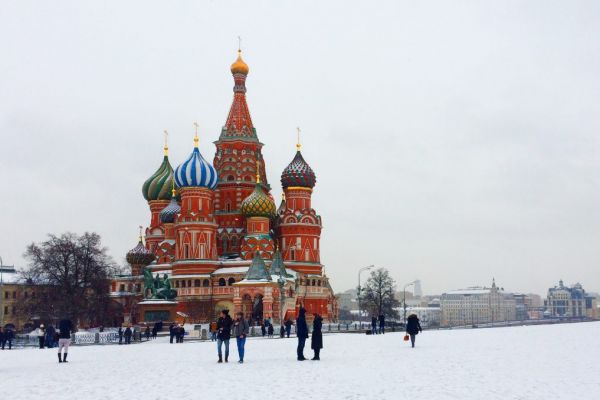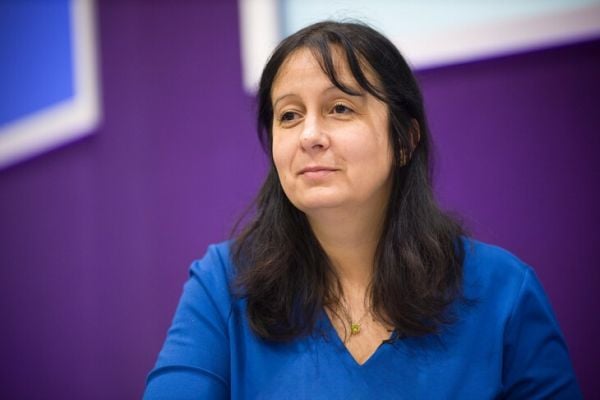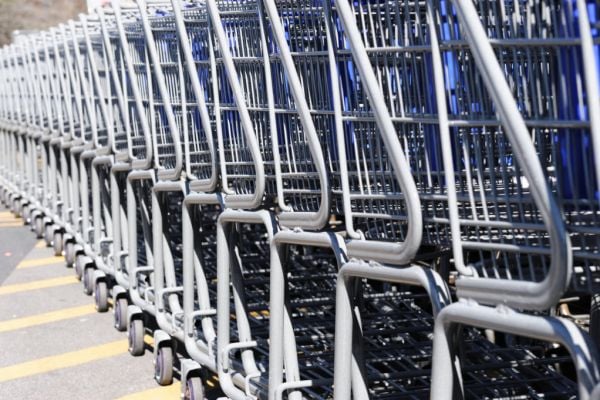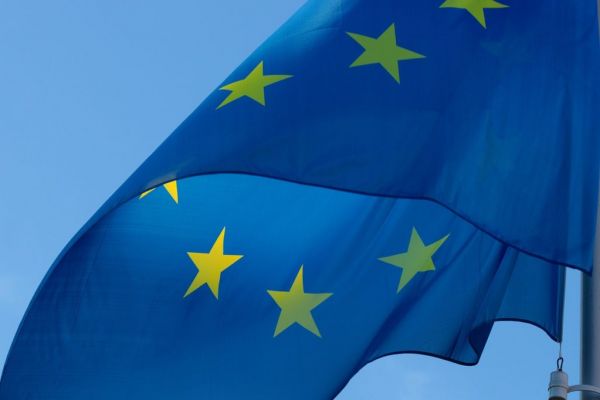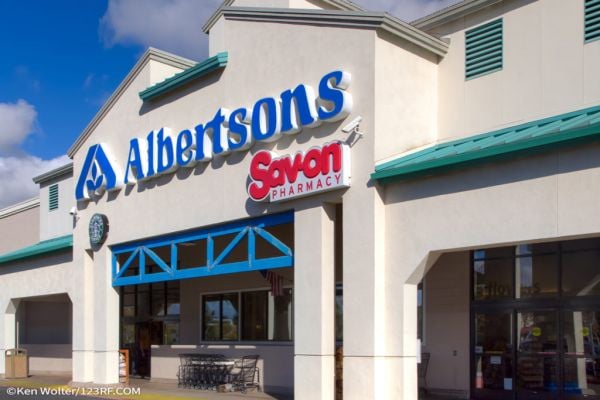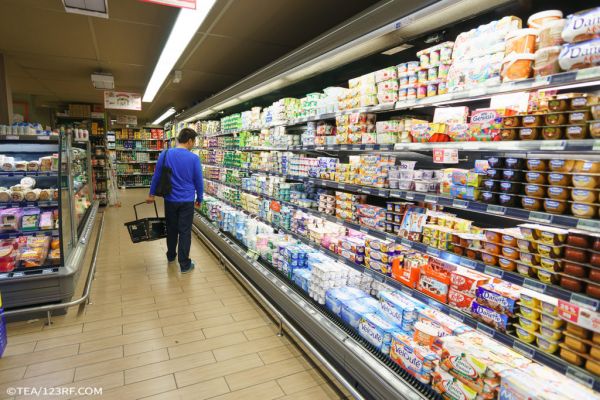As one of Europe's largest retail markets, competition is high in Russia, and while the sector remains highly fragmented, with 'mom and pop' stores dominating the market, more astute players are fast cutting themselves a bigger slice of the pie.
The country's biggest domestic players, including X5, Magnit, Lenta, O'Key and Dixy (international giants Auchan and Metro also have a significant presence) have been adapting to the country's increased demand for more sophisticated retail options with rapid expansion and consolidation plans.
But which retailers triumphed in 2017, and what is their outlook for this year?
Retail Report
Market leader (in terms of sales) X5 Retail Group reported sales of RUB 1,286.87 billion in 2017, representing growth of 25.5% year-on-year. The retailer says that this increase was driven by a 5.4% gain in like-for-like sales, as well as a 20.1% growth contribution from new stores.
An extensive expansion plan saw a record 2,934 new stores added to the group's portfolio in 2017, and X5 opened its 12,000th store back in December.
X5's largest rival Magnit also saw sales grow last year, increasing 6.37% to RUB 1,143.29 billion. The retailer opened 2,297 new stores last year, a similar number to X5, bringing its total network to 16,350, including 12,125 convenience stores, 243 hypermarkets, 208 Magnit Family stores, and 3,774 drug stores across the country.
Elsewhere, rivals are also set on expansion, with Lenta doubling its supermarket network from 48 to 97 during the year. The retailer also opened 40 new hypermarkets, bringing its total to 231, and expanded operations into the Siberia and Ural region.
This large-scale store expansion fuelled a 19.2% sales increase compared to the previous year, with revenue reaching RUB 365.2 billion.
Declining Sales
However, performance was not positive for all of Russia's grocery operators in 2017. O'Key Group saw net retail revenue decline 1.2% in its fourth quarter, falling to RUB 48.9 billion, largely influenced by growing competition in the Russian retail market, as well as the the sale of it supermarket business.
Full-year net revenue was up 1.1% to RUB 172.5 billion, but fell by 1.4% on a like-for-like basis. Unlike the ambitious expansion plans of its competition, O'Key opened only one new hypermarket, and eight new DA! discount stores last year, and the group ended 2017 with a total of 145 stores, which was 11.6% lower than the previous year.
Likewise, Dixy Group saw its revenue fall 9% to RUB 282 billion, with like-for-like sales down by 10.9%. The group opened 28 new stores during the year, but closed a further 127, with Dixy saying that it is focused on strengthening its operational model.
The retailer still has a relatively large network, however, with a total of 2,703 stores in Russia, including 2,534 Dixy convenience stores, 128 Victoria stores and 41 MegaMart and MiniMart hypermarkets. Its faltering recent performance however, has led some to suggest that it could be an acquisition target for one of its competitors, or indeed an international player.
Market Consolidation
As well as expansion plans, many of Russia's leading grocers have been looking at network consolidation, allowing them to focus on particular store formats.
Last month, it was announced that X5 is acquiring O'Key's supermarket business, after the retail group decided to sell the unit in order to focus on developing its hypermarket and discounter stores.
X5 is now set to take over 32 supermarkets, including 18 in St. Petersburg, which will be integrated into its Perekrestok chain. Elsewhere, it was reported last week that X5 is considering the purchase of 100 Ufa grocery stores, located in various cities across Bashkortostan.
At the same time, X5 is also playing the divestment game, with the group currently looking to sell its Express convenience stores, and focus on its three major formats - Pyaterochka proximity stores, Perekrestok supermarkets, and Karusel hypermarkets. Express accounts for less than 1% of the group's revenue, and was the only business unit to make a loss in 2017, with sales falling by 11.6%.
Also seeking to grow via acquisition, Lenta acquired 22 supermarkets from Holiday Group in Siberia last year, six of which were opened in September. Last summer, the group also took over 14 hypermarkets in Moscow that were previously operated under the Nash brand.
In the increasingly competitive world of Russian retail, the landscape at the close of the coming year may look vastly different from that at the start.
© 2018 European Supermarket Magazine – your source for the latest retail news. Article by Sarah Harford. Click subscribe to sign up to ESM: The European Supermarket Magazine.
